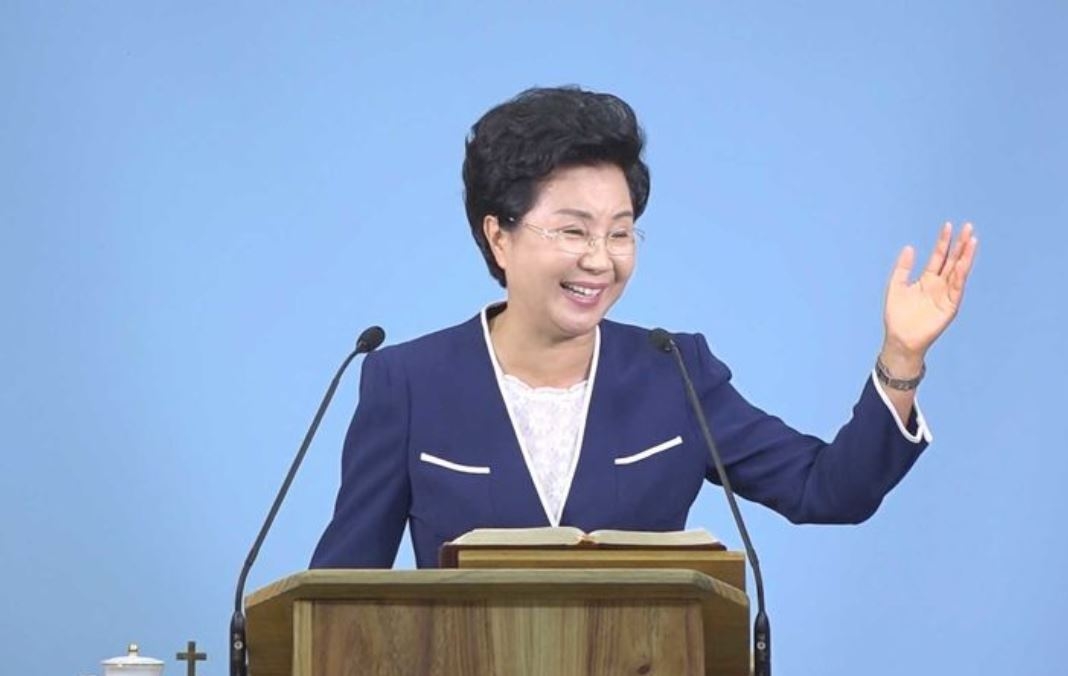The founder of the Grace Road Church has been sentenced to six years in jail for detaining her followers in Fiji and subjecting them to beatings and other forms of violence reports the South China Morning Post.
Shin Ok-ju moved her church to Fiji in 2014. On arrival their passports the passports of some church followers were confiscated, and others say they were publicly beaten in a ceremony known as “ground thrashing.”
“The accused has absolute authority over the followers and all criminal acts including ground thrashing were unable to be carried out without her directions. Her responsibility is very heavy,” the Anyang sub-court of the Suwon District Court, in a province neighbouring the South Korean capital, said in a statement published in the newspaper on Monday.
Five other church officials have also been sentenced, ranging from a suspended sentence to 42 months in prison, she said.
Loyal church followers protested against the sentences outside the courthouse.
Grace Road runs a chain of restaurants across Fiji alongside other retail outlets including hardware, cosmetics, beauty salons and shoe stories. Its agricultural ventures include rice and vegetable growing and its construction company has won a number of government contracts. Pastor Shin’s sermons continue to be broadcast on local television.
Local churches raised concerns
In an earlier interview with Islands Business, the General Secretary of the Pacific Conference of Churches, Reverend James Bhagwan says the rise of fringe churches such as Grace Road worries the PCC, but suggests there needs to be more political will to address the issue.
Reverend Bhagwan says in his previous role at the Fiji Council of Churches, the issue of Grace Road was raised.
“We advised our member churches around the issue but it is very hard to move when there seems to be a lack of political will on the engagement of the concerns raised, and we can only speculate to why that is, and we continue to look at options on how we can engage on these issues.”
“There are issues of concern around some of these religious communities that bring in members from overseas around the issue of modern slavery, which is something which PCC is taking on very seriously now.
“This is a challenge for us, how do we respond and how do we equip churches to respond to these new challenges, whether they are not only seen as threats to church membership but also in terms of the threats they cause to society.”
